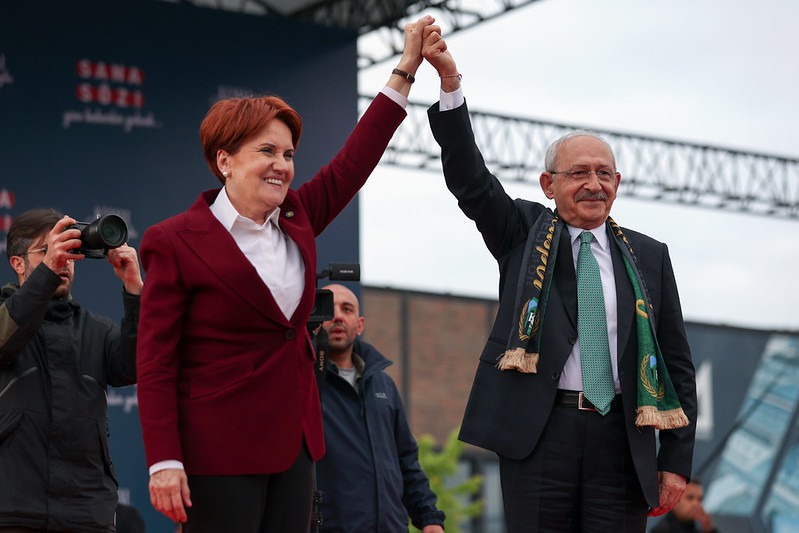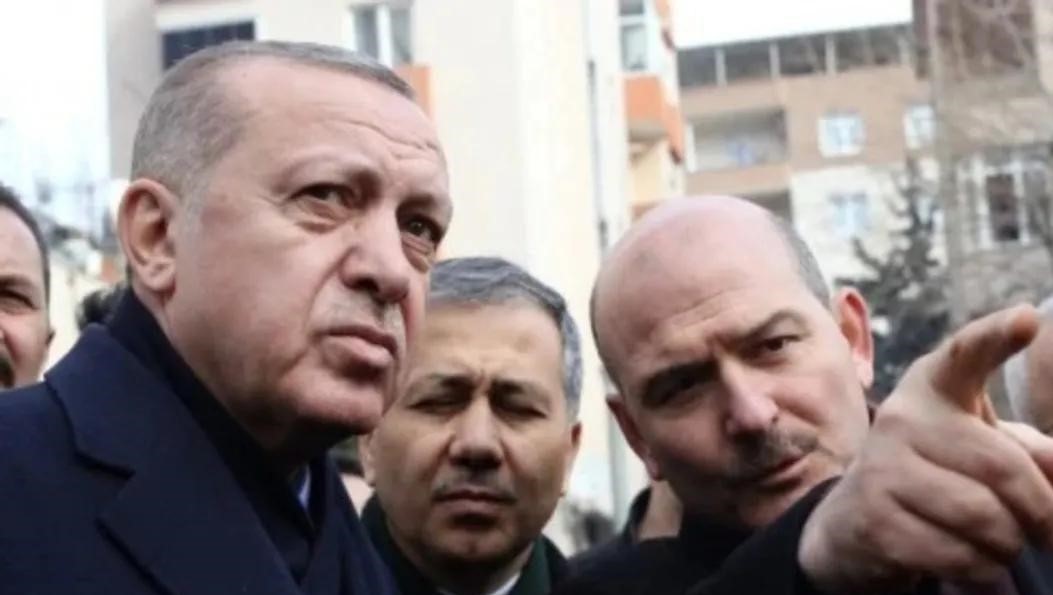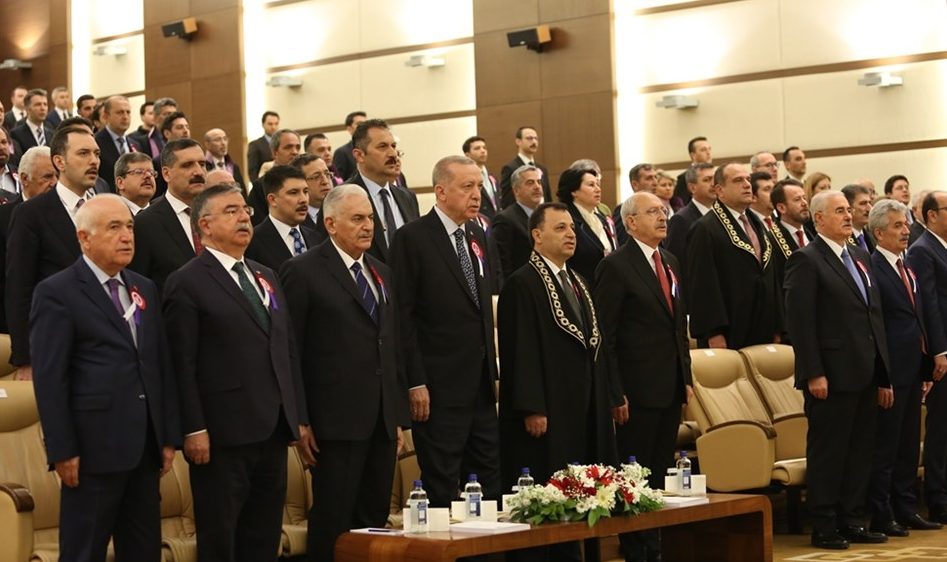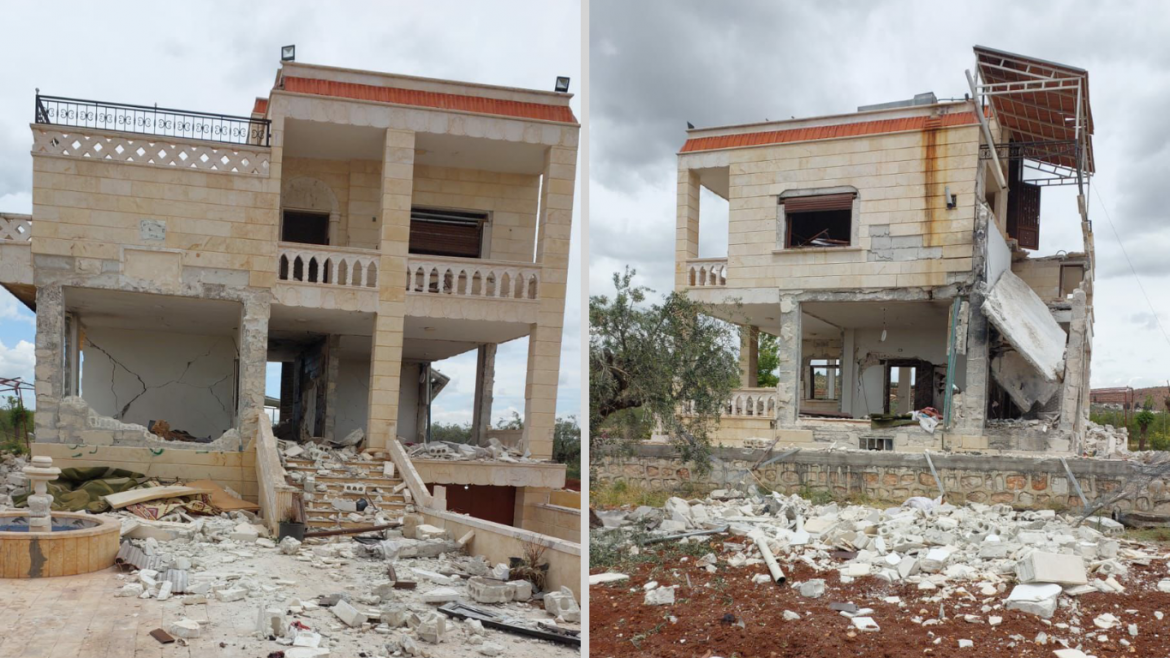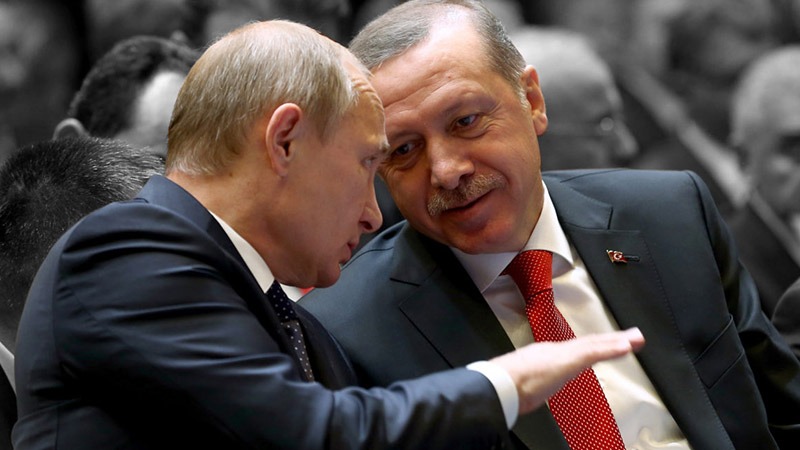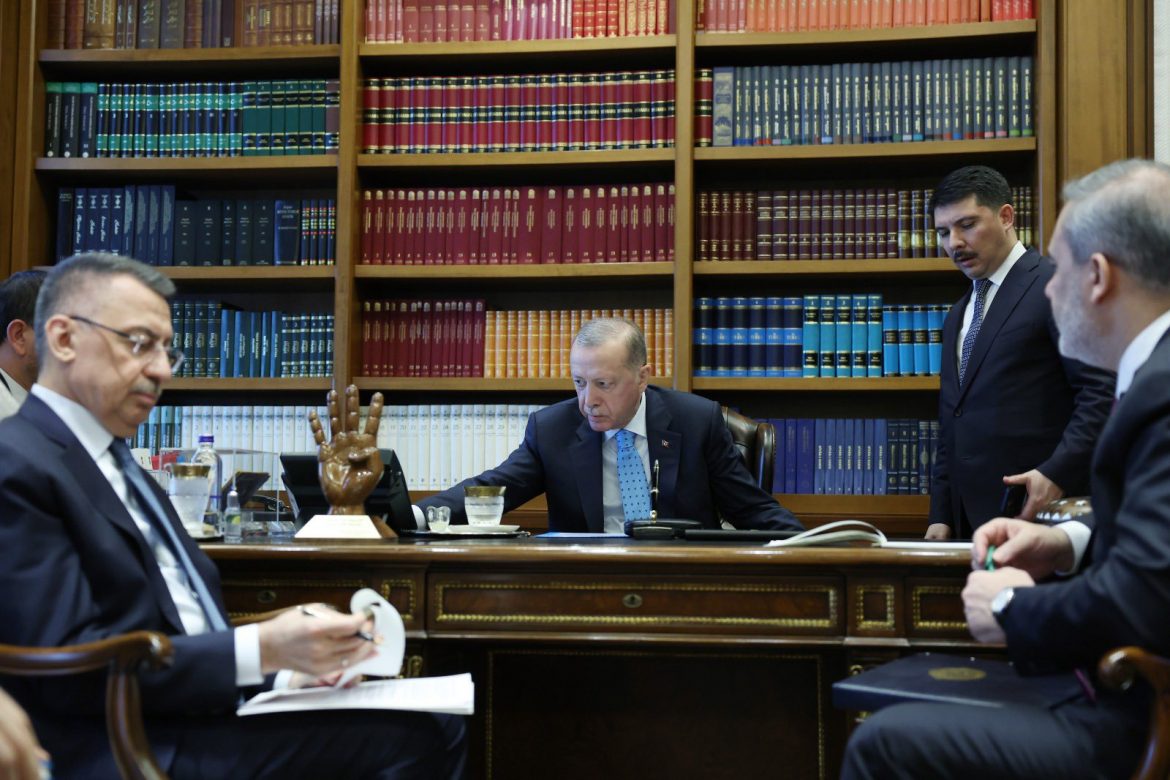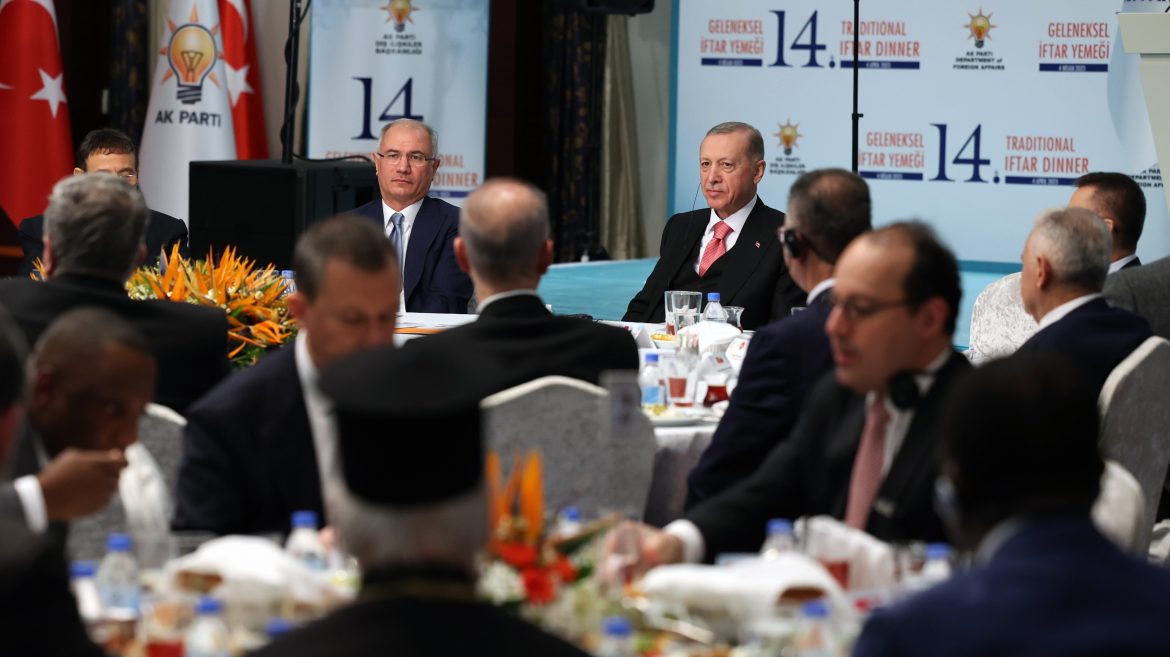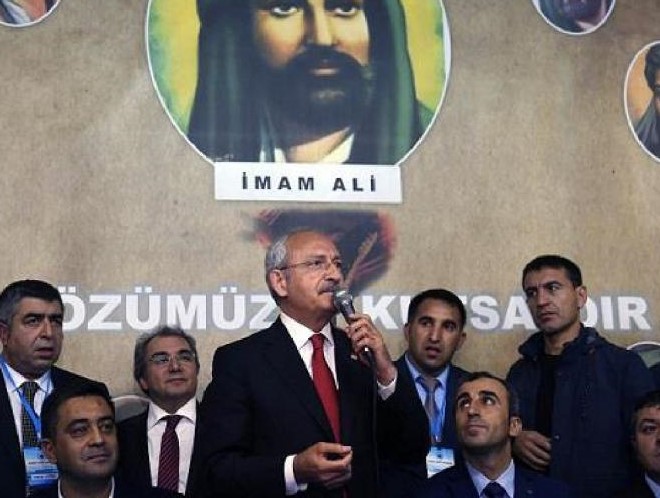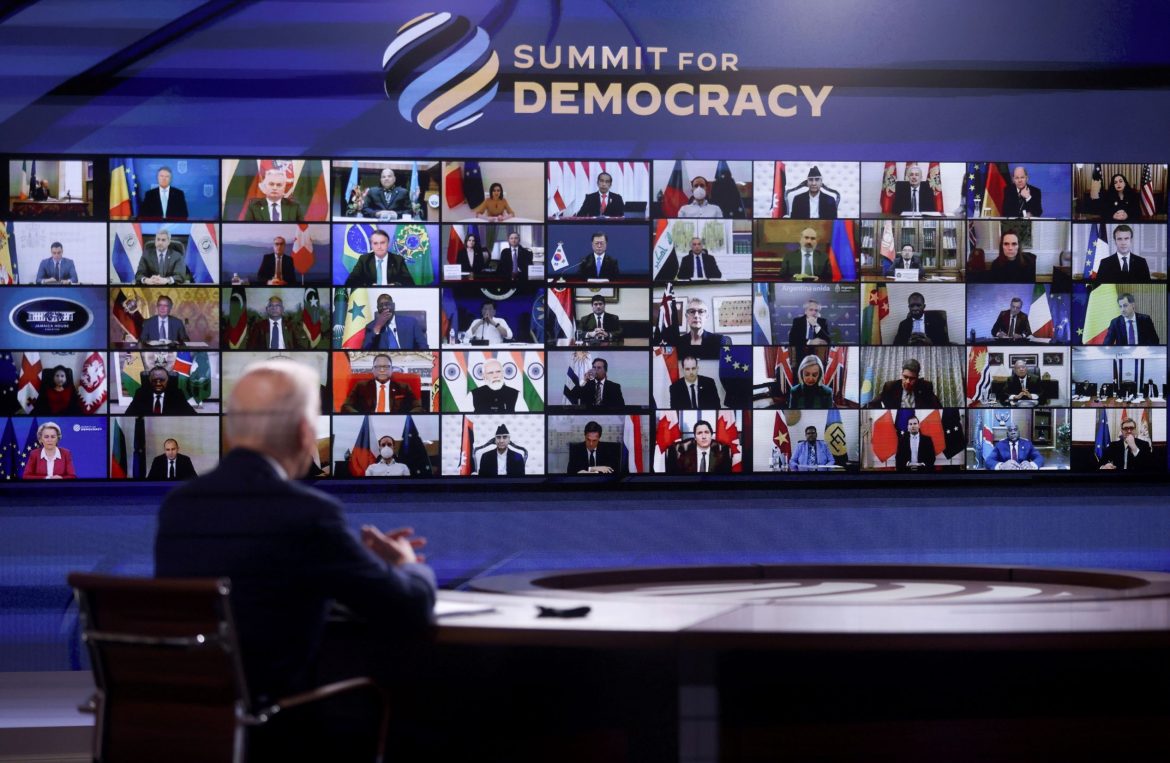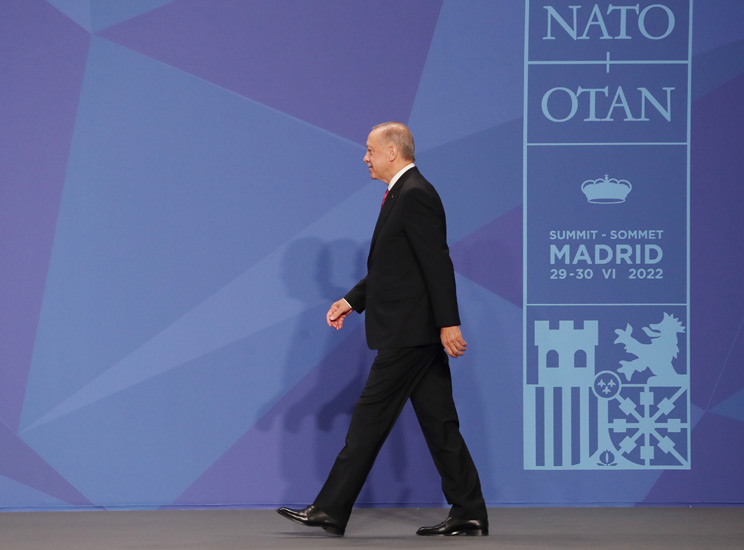Ten days before the critical elections, current state of politics has been shifting rapidly. More precisely, it is shifting to the direction of opposition wing, while it is almost concrete in the ruling wing. For example, while President Tayyip Erdoğan is still giving speeches lasting no less than an hour about how many roads and
Turkish Interior Minister Süleyman Soylu described the upcoming May 14 elections as a “political coup” plot, erupting a furor as opposition reacted harshly to the comment. “July 15 was their de facto coup attempt. May 14th is their political coup attempt. It is that clear and unambiguous. May 14, 2023, is the West’s political coup
The politically impartial Better Justice Association (BJA), of which I am the Chairman, released a call to action on the 14th of May 2023 addressing the presidential candidates and political party leaders. It asks them to pledge to tackle judicial reform, which is the root cause of all Turkey’s issues, as their priority upon assuming
Turkish President Tayyip Erdoğan announced that the National Intelligence Organization (MIT) had “neutralized” ISIS leader Abu Hussein al-Quraishi. Erdoğan announced on live TV on April 30 that MIT neutralized Quraishi, whom had been “followed for a long time,” in an operation in Syria on April 29. The expression “neutralized” usually means “killed” by Turkish security
Following a two-day contraversy over his health condition after falling ill during a live television broadcast, Turkish President Recep Tayyip Erdoğan appeared on a video conference for the inauguration ceremony of the Akkuyu Nuclear Power Plant on April 27, resolving the rumours that he was gravely ill or even hospitalised. Russian President Vladimir Putin was
President Recep Tayyip Erdoğan attended videoconference for Akkuyu Nuclear Power Plant inauguration ceremony on April 27, after falling ill during a television interview on April 27 and cancelled his election programs, which prompted allegations that he had serious health issues. Ankara on April 27 responded rumors over Erdoğan’s health issues especially the one alleged that
There has been a remarkable change in the assessments of foreign diplomatic missions in Ankara in the last month, regarding the result of the May 14 elections in Türkiye. Until recently, there was little doubt in the assessments of countries and international organizations that President Tayyip Erdoğan would make a last-ditch push and win the
Türkiye’s main opposition Republican People’s Party (CHP) leader and six-party alliance’s presidential candidate Kemal Kılıçdaroğlu posted a video on his Twitter account with a one-word title: “Alevi”. Within 20 hours, the post had received more than 80 million interactions on the social media platform and had been shared by 64 thousand users. Two days before
In the last two weeks, the citizens of Türkiye have witnessed two troubling developments that should upset everyone who loves their country. Neither development received the media attention it deserved, beyond a handful of news stories barely noticed by the average citizen too immersed in the troubles of their own daily lives. Yet both developments
Russia does not hide the fact that it is in favor of Turkish President Tayyip Erdoğan winning the upcoming 2023 elections in Türkiye. Their domestic interests require such support. With the S-400 issue, they started a debate in NATO over Türkiye that they could not have caused if they had spent billions of dollars on
